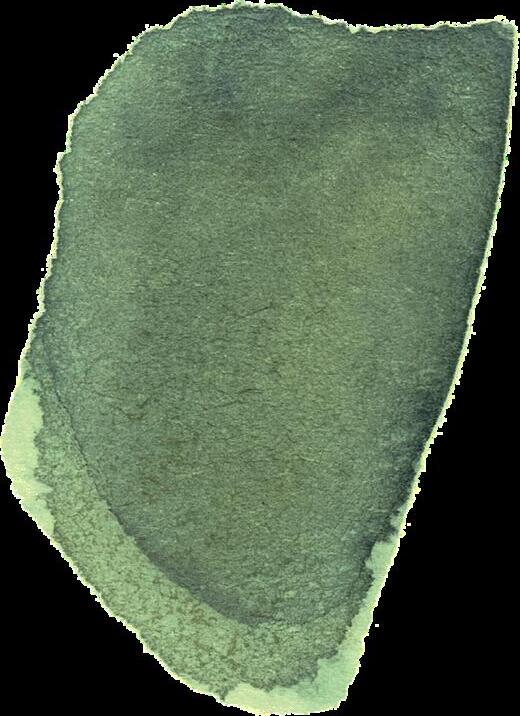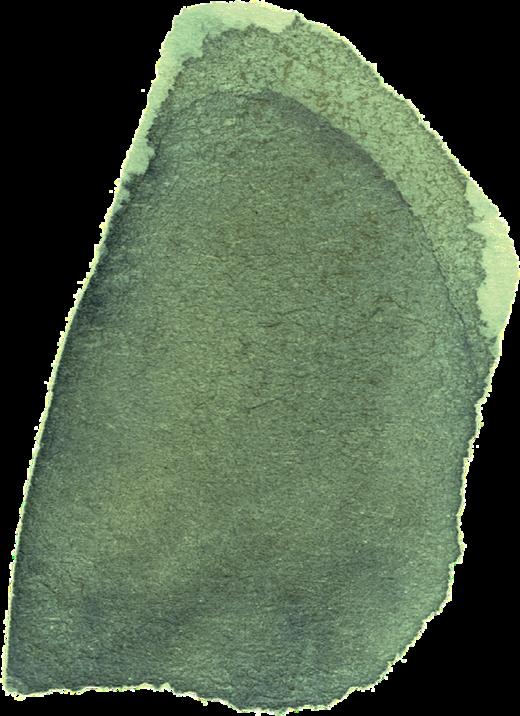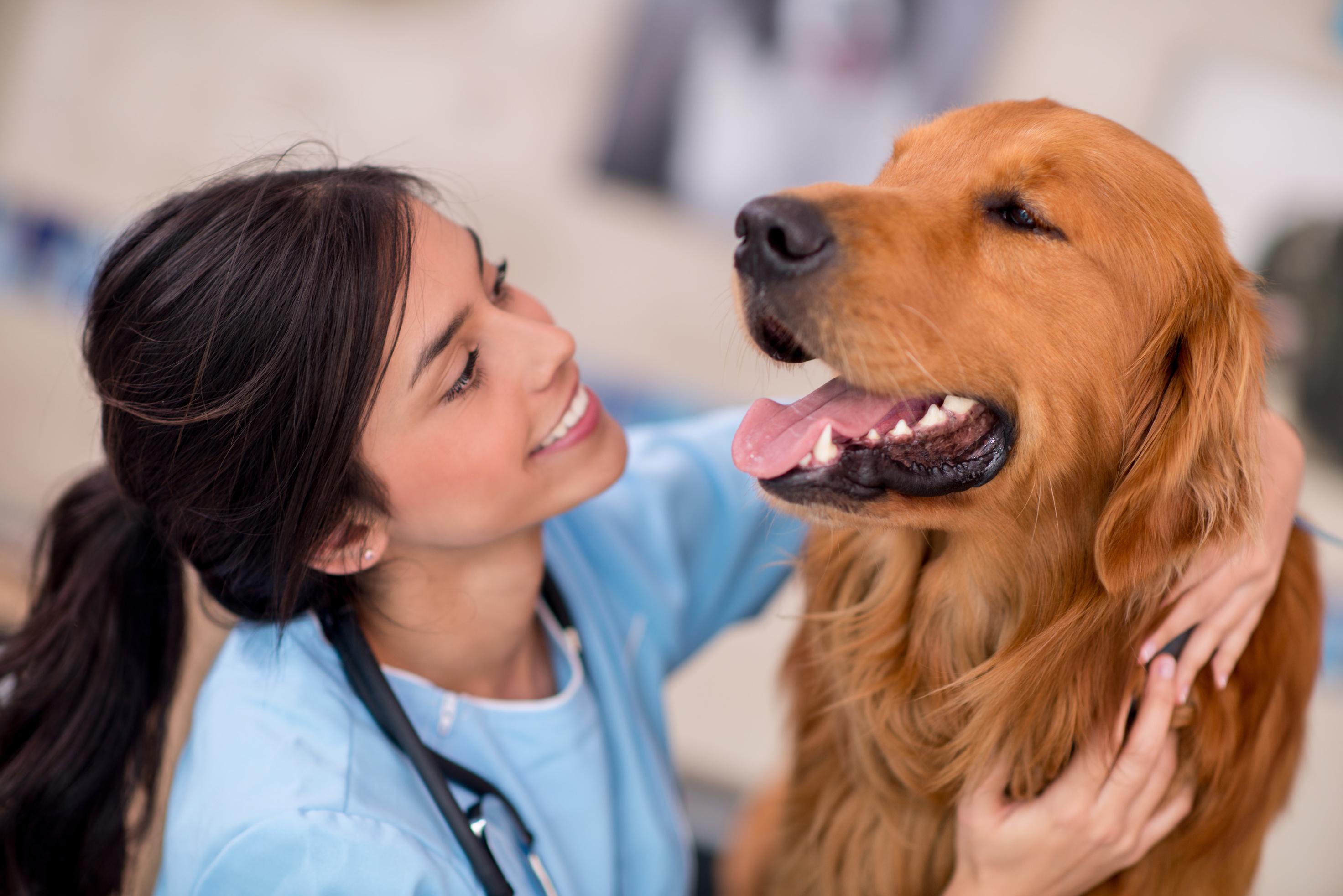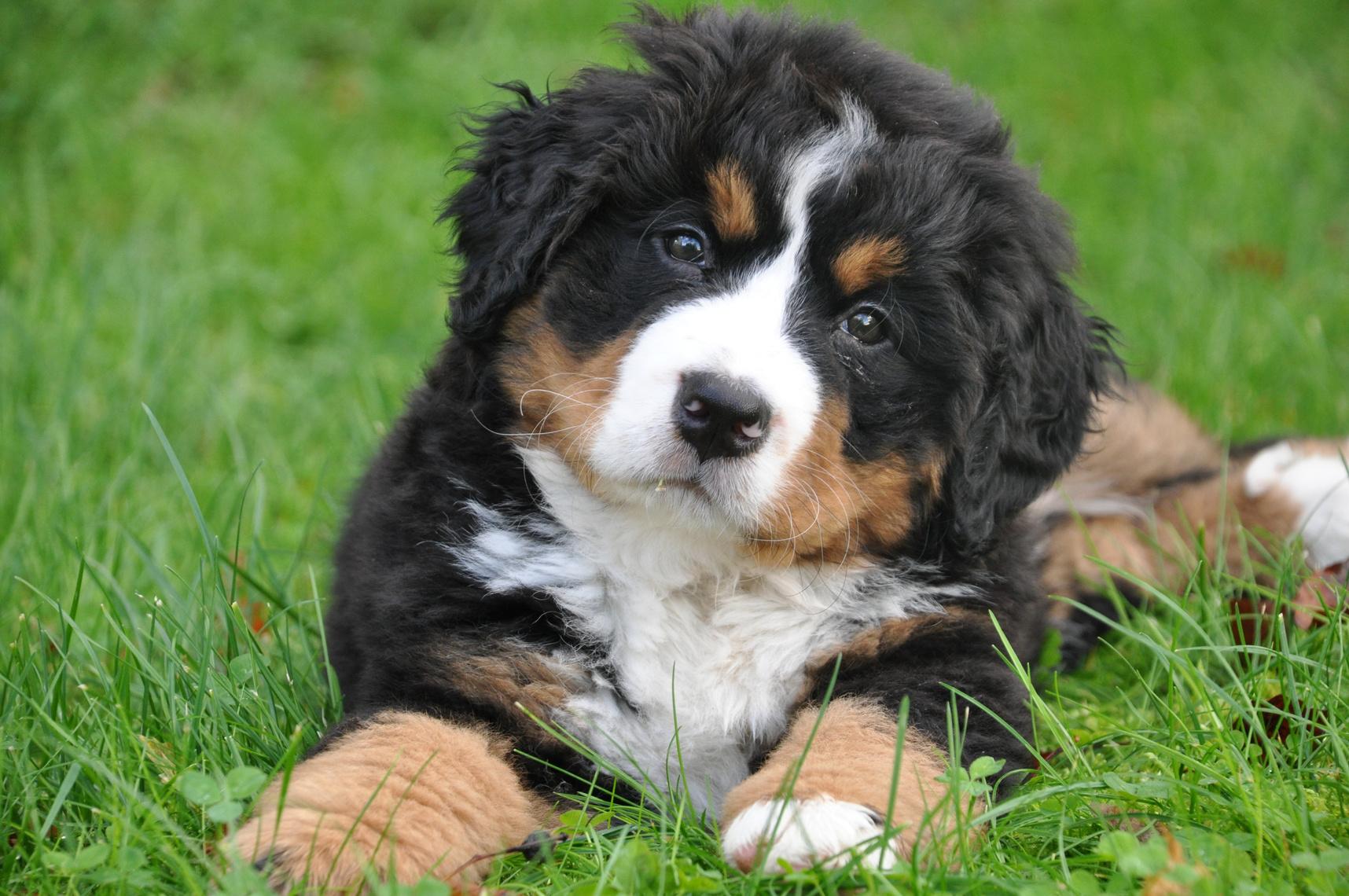




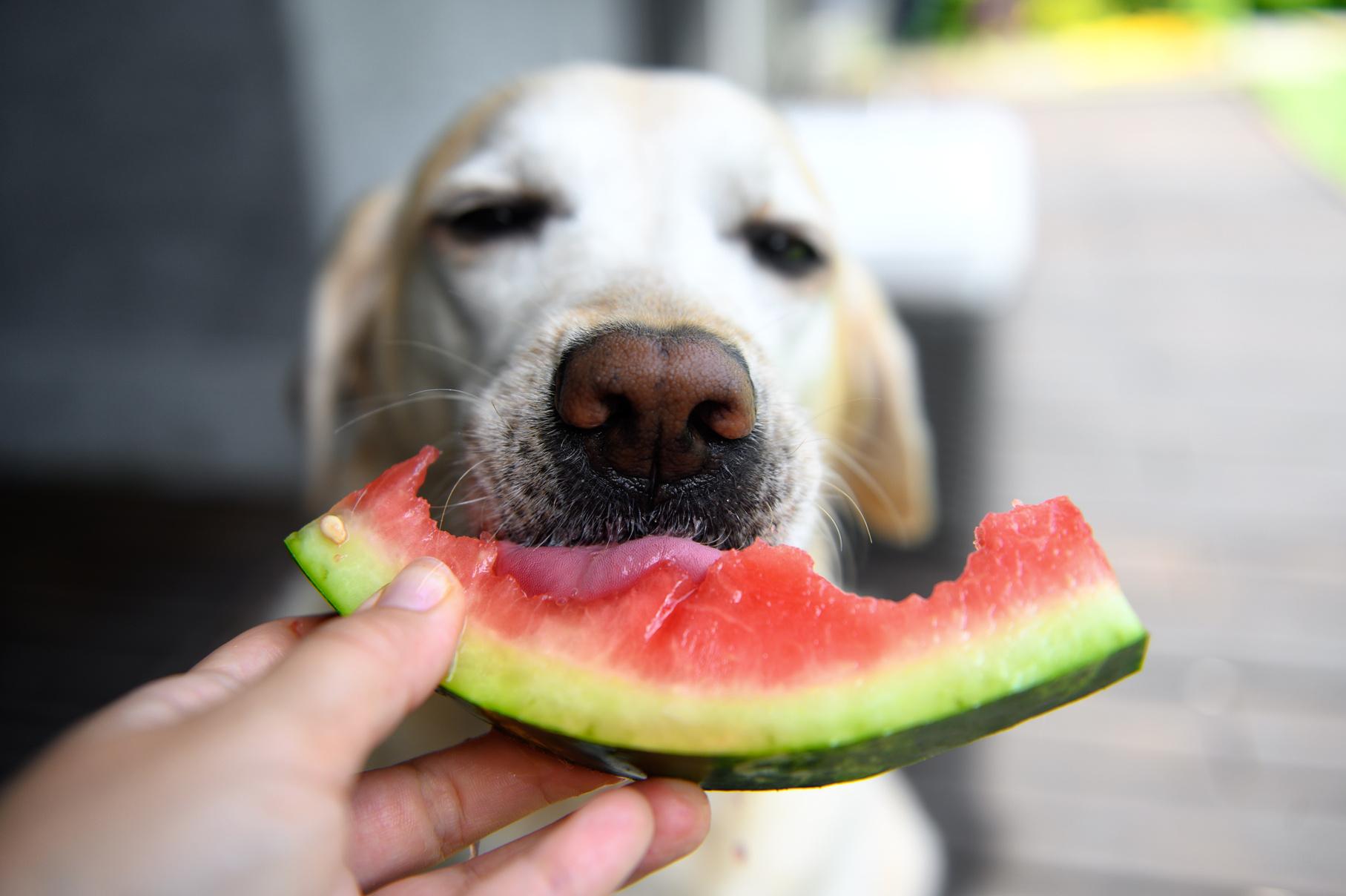

Not all fruits are safe for dogs to eat, but there are some fruits that can be a healthy and tasty addition to their diet in moderation.

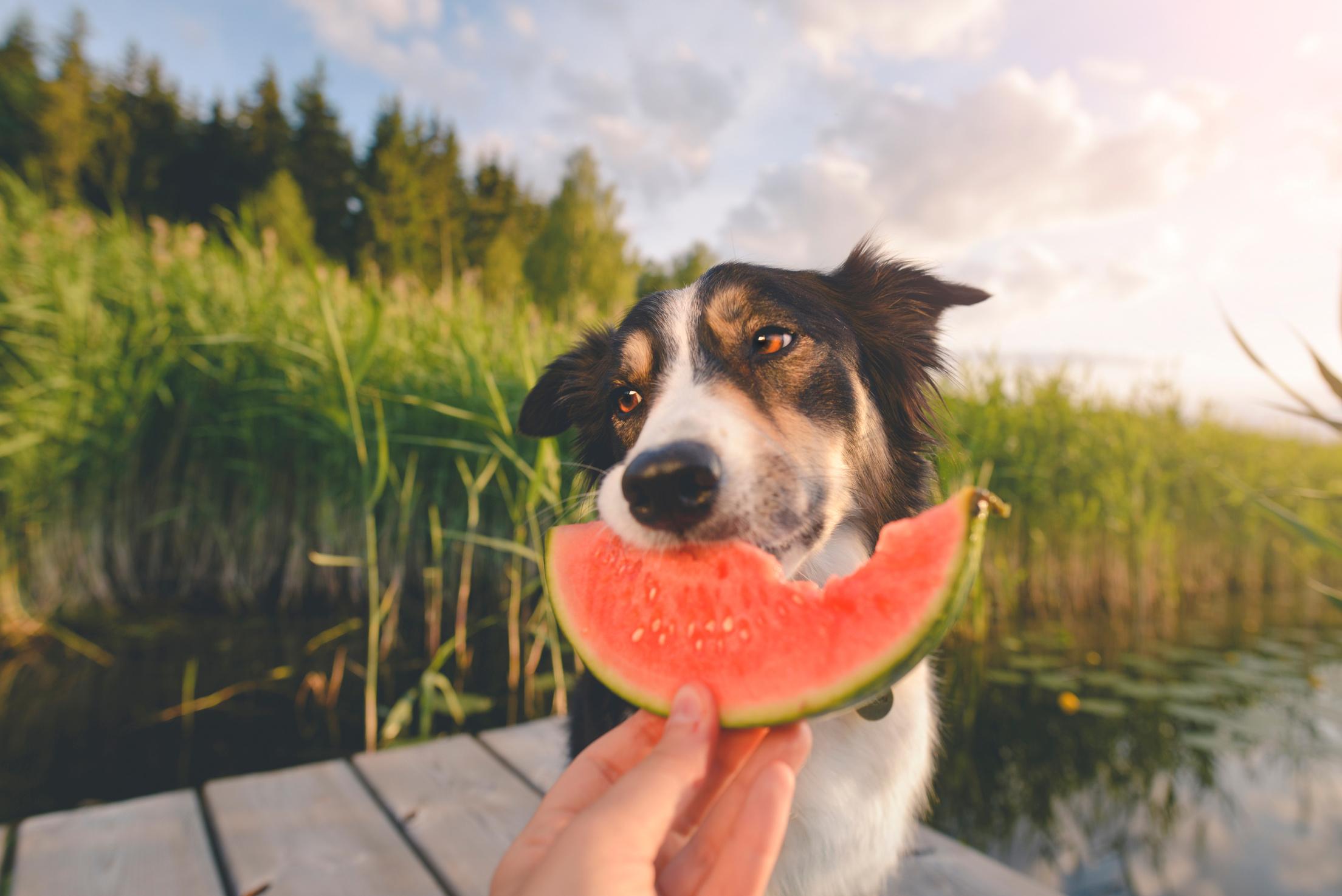
Remember to always wash fruits thoroughly before giving them to your dog and to remove any seeds, pits, or cores that may be harmful to them.
t is also important to introduce new foods gradually and in small amount digestive upset.

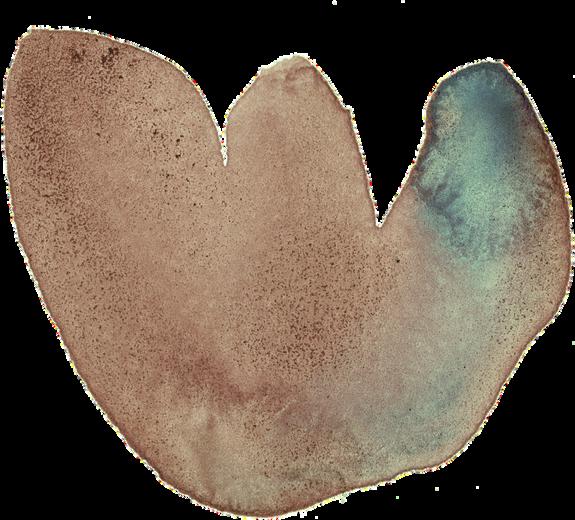


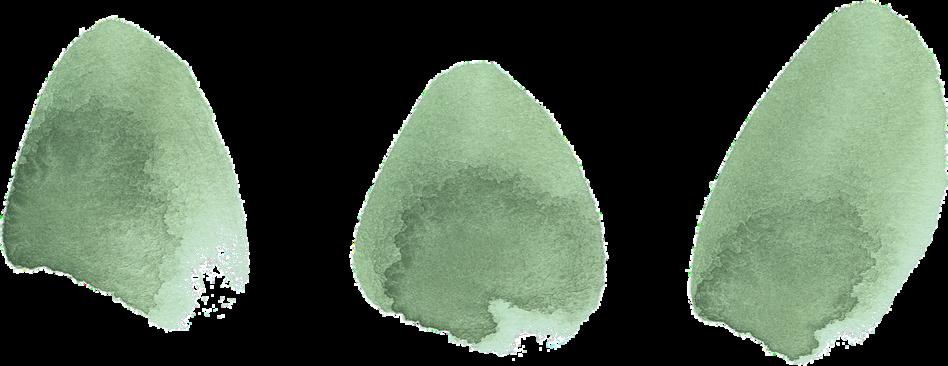
What Fruits can Dogs Eat?

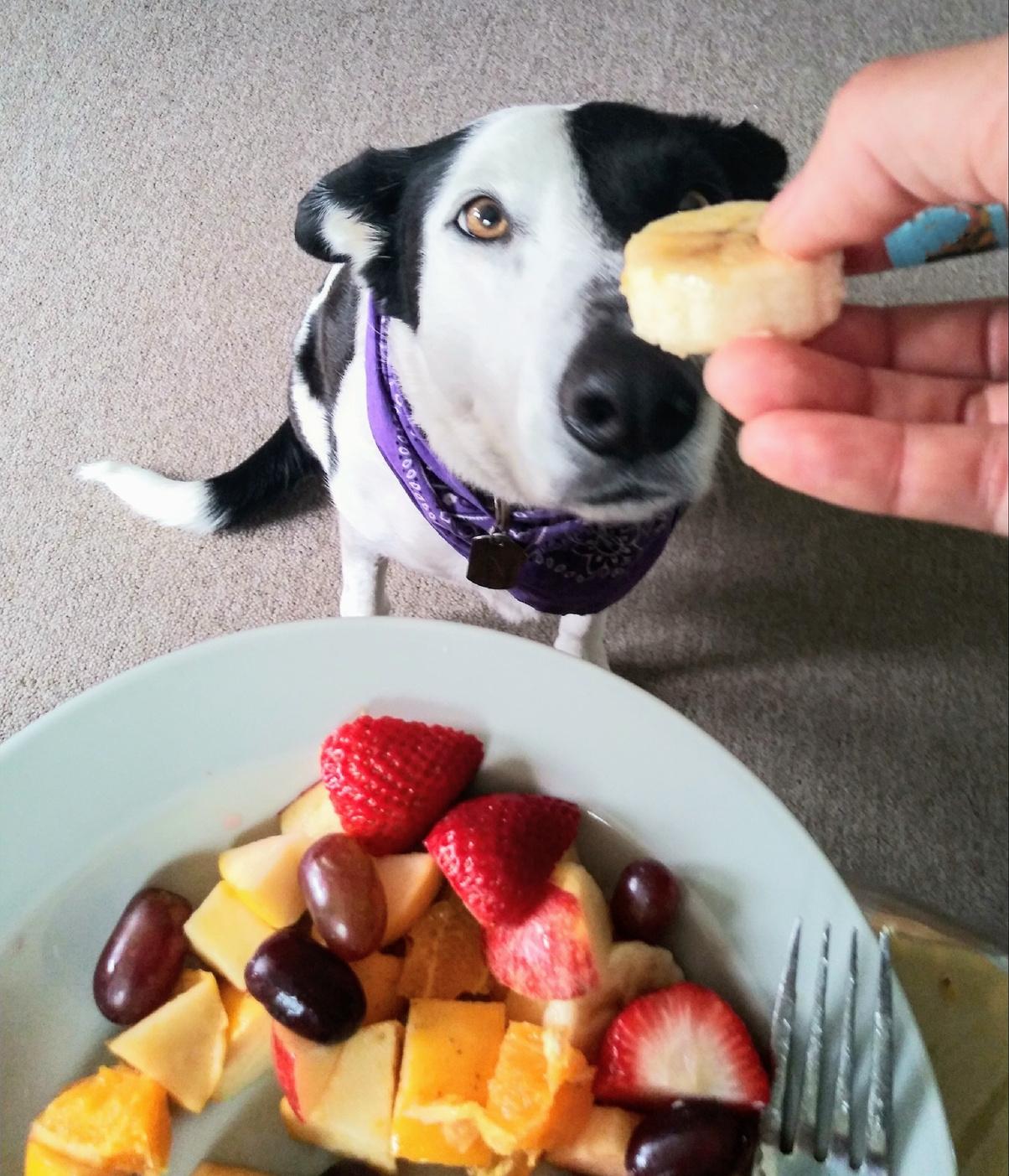
Apples : Apples are a good source of fiber and vitamin C and they help keep dog's teeth clean.



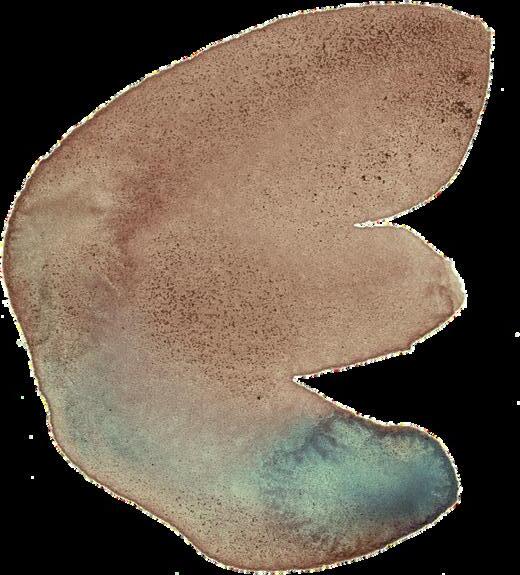
Blueberries : Blueberries are low in calories and high in antioxidants, which h l boost your dog's i system.


Watermelon : Wateremlon is a good source of hydration as it contains 92% of water in it and remove seeds before feeding.




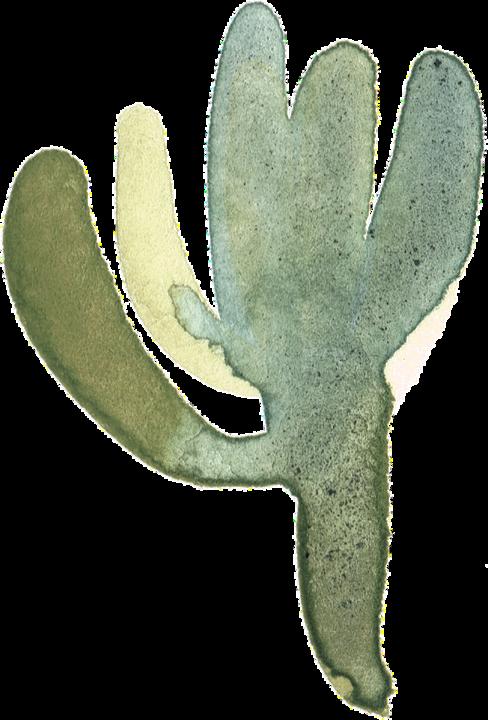

Bananas : Bananas are a good source of potassium, fiber, vitamin C, and vitamin B6, but should be given in moderation due to their high sugar content.
Strawberries : Strawberries are a good source of vitamin C, fiber, and antioxidants. They are also low in calories, making them a healthy snack for dogs. Be sure to remove the stems and leaves, as they can be difficult to digest.

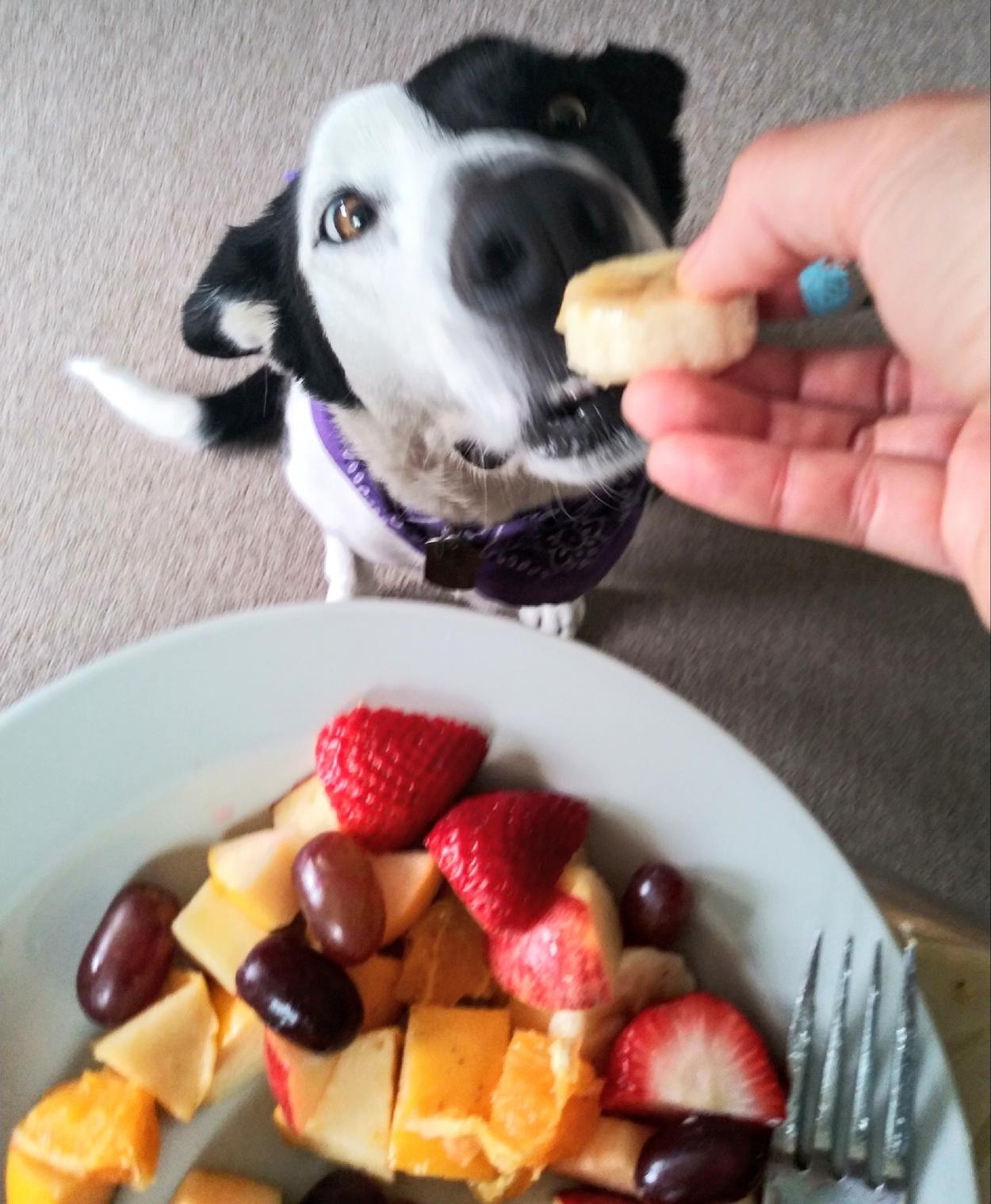
What Fruits dogs cannot Eat?



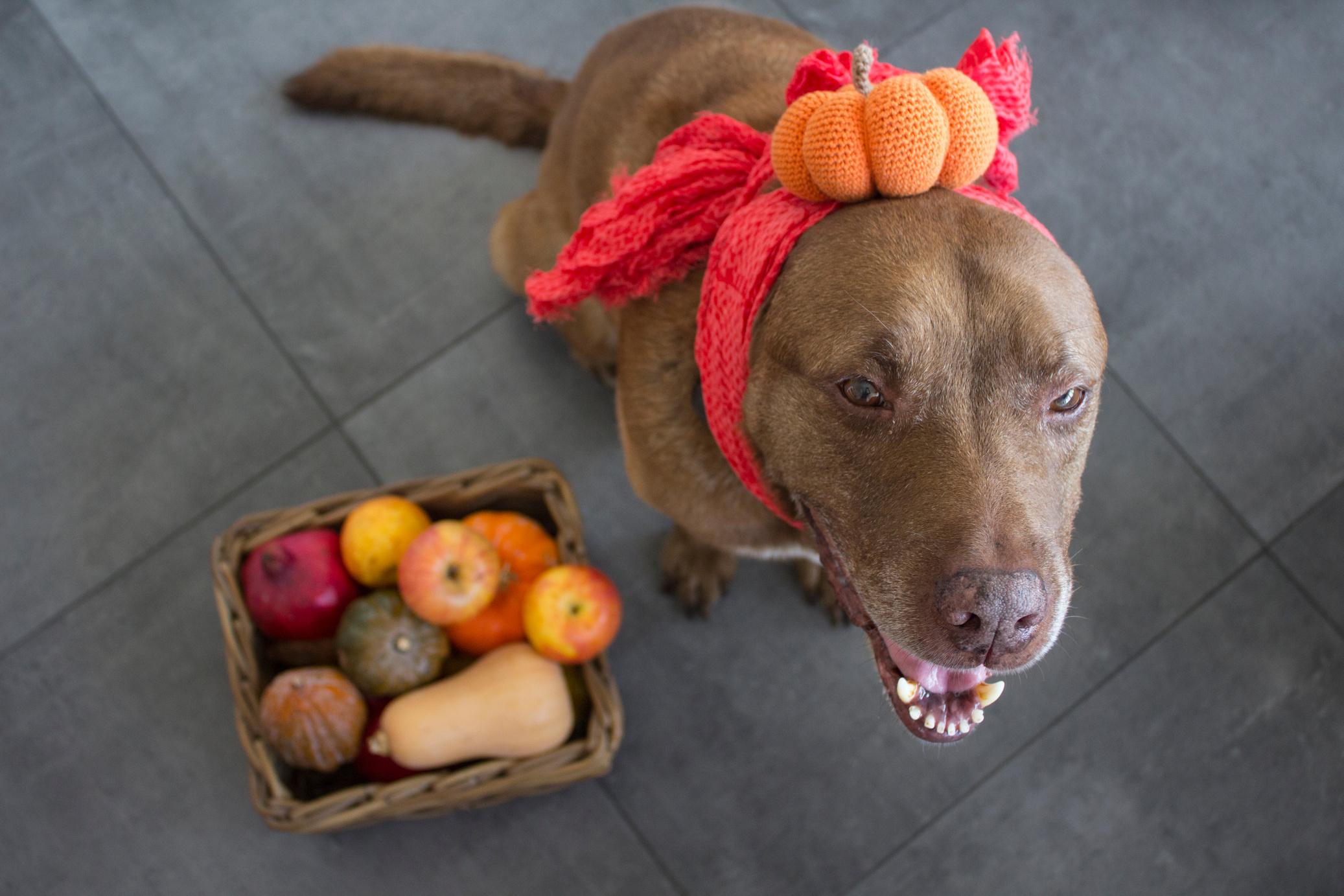
Grapes and raisins : These fruits can cause kidney failure in dogs, even in small amounts. Avocado : Avocado contains persin, which can cause vomiting and diarrh i d




Pineapple: Pineapple contain bromelain which can cause irritation to their mouth.
Persimmons : Persimmons contain seeds that can cause intestinal blockages in dogs, which can be dangerous.

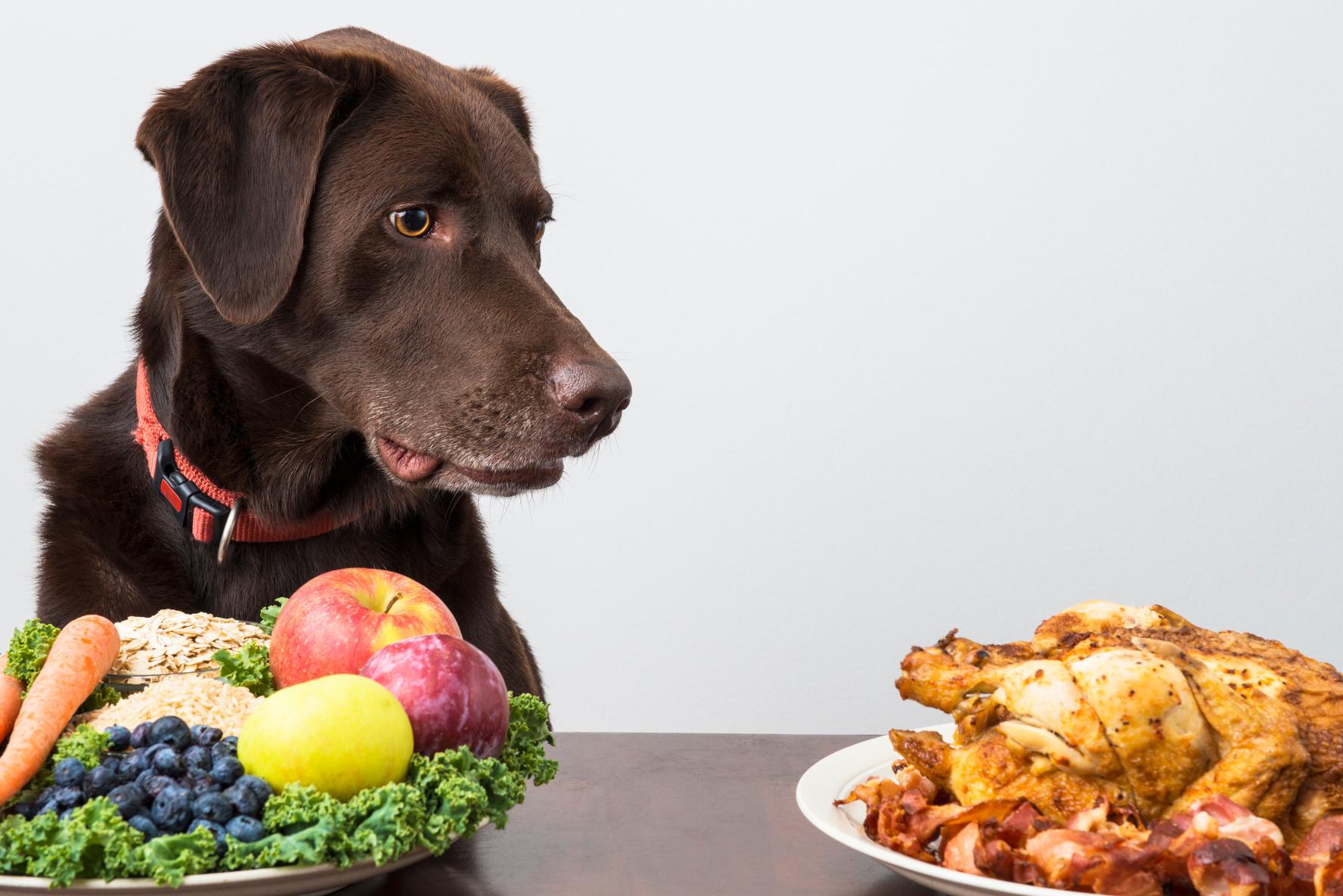
Pears : Pears can cause stomach upset and diarrhea.






Precautions to take while Feeding your
Dog Fruits :
Introduce fruits gradually, giving in small amounts.
Choose dog-safe fruits.


Remove seeds and pits.
Wash fruits thoroughly.
Consider the sugar content
Serve in small pieces
Watch for signs of a ll i



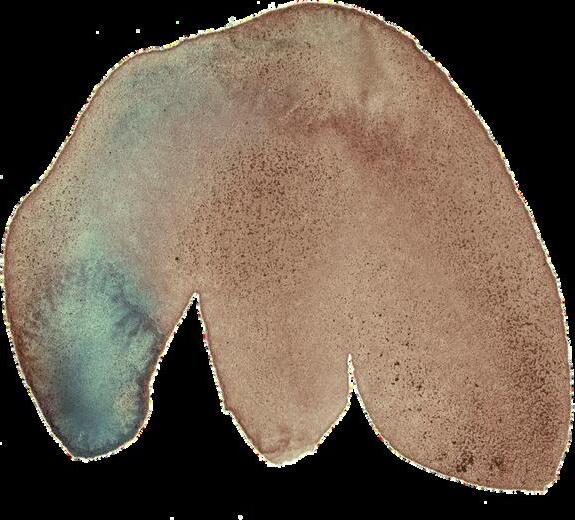
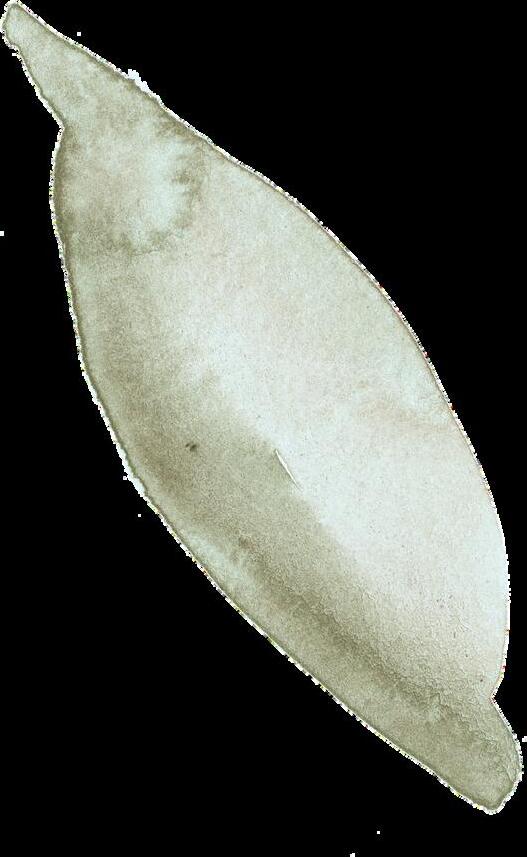
their diet.



